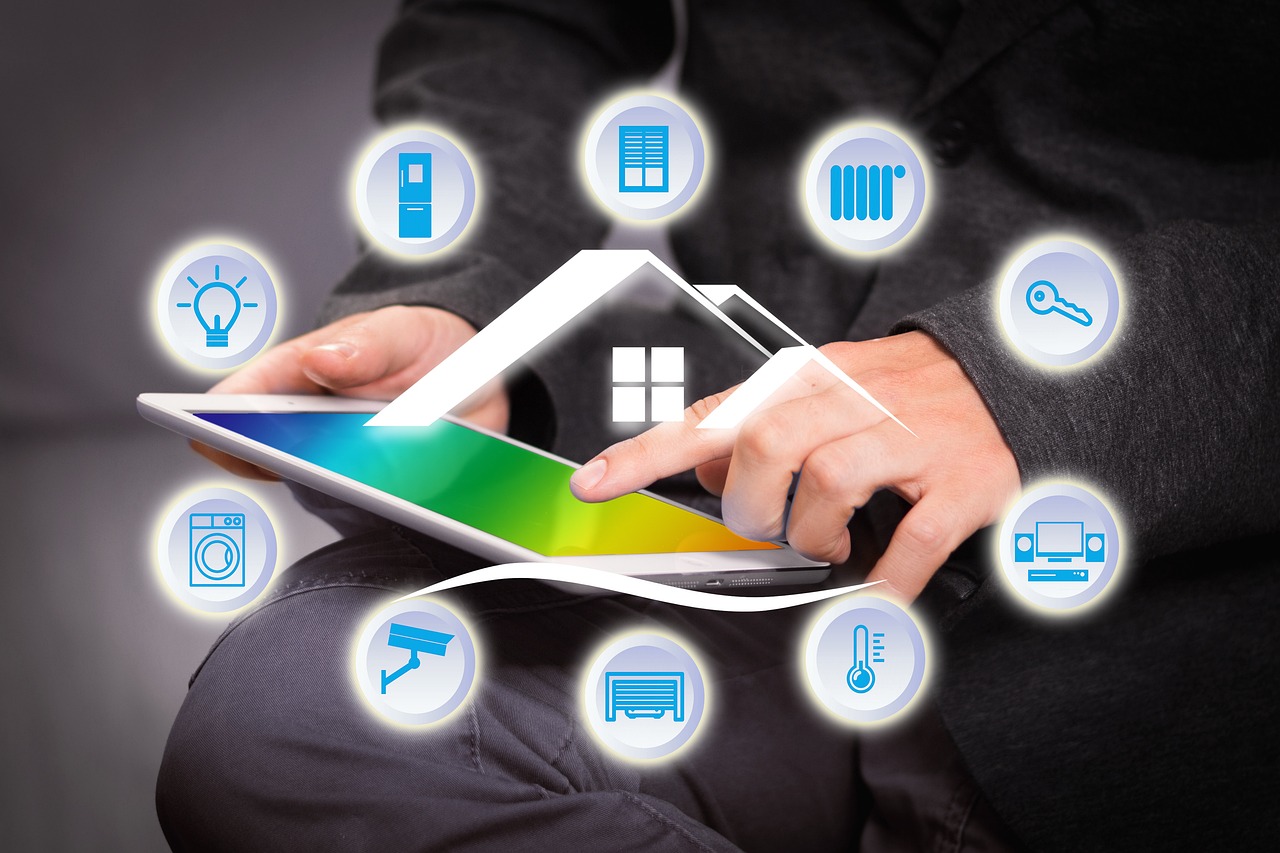The internet has become an integral part of our daily lives. From social media to online shopping, we depend on the internet for most of our activities. However, with the increase in internet usage comes an increased risk of cyber-attacks and privacy breaches. Internet speed plays a significant role in online security and privacy. In this article, we will explore the impact of internet speed on online security and privacy.
Firstly, let’s understand what internet speed is. Internet speed refers to the rate at which data is transferred between your device and the internet. Internet speed is measured in bits per second (bps) or bytes per second (Bps). A higher internet speed means faster data transfer rates, and a lower internet speed means slower data transfer rates.
When it comes to online security and privacy, internet speed plays a significant role. Slow internet speeds can make your device vulnerable to cyber-attacks. This is because slower internet speeds can cause delays in the transfer of data, which can create an opportunity for cybercriminals to intercept and steal your personal information. For instance, if you’re making an online purchase and your internet connection is slow, you may have to enter your credit card details multiple times. This increases the chances of your credit card details being intercepted by hackers.
On the other hand, a faster internet speed can enhance online security and privacy. This is because faster internet speeds provide a secure and encrypted connection, which makes it difficult for hackers to intercept and steal your personal information. Moreover, faster internet speeds provide faster download and upload speeds, which means you can quickly download and install software updates and security patches to keep your device protected.
In addition, a faster internet speed can help you avoid online privacy risks. Slow internet speeds can cause websites to load slowly, which can result in you clicking on ads or links that you did not intend to click on. These ads and links can redirect you to websites that can compromise your privacy. For example, a slow internet speed can cause you to click on a fake login page that looks like your bank’s login page. When you enter your login credentials, your personal information gets stolen.
Furthermore, faster internet speeds can provide you with access to virtual private networks (VPNs). VPNs are encrypted networks that protect your online privacy by masking your IP address and encrypting your internet traffic. With faster internet speeds, you can easily connect to VPNs, which can help you avoid online privacy risks.
In conclusion, internet speed plays a significant role in online security and privacy. Slow internet speeds can make your device vulnerable to cyber-attacks and compromise your online privacy. On the other hand, faster internet speeds can provide a secure and encrypted connection, faster download and upload speeds, and access to virtual private networks (VPNs). To ensure online security and privacy, it is essential to choose an internet service provider that offers fast and reliable internet speeds. You should also ensure that your device is updated with the latest security patches and software updates. By taking these measures, you can enjoy a safe and secure online experience.








